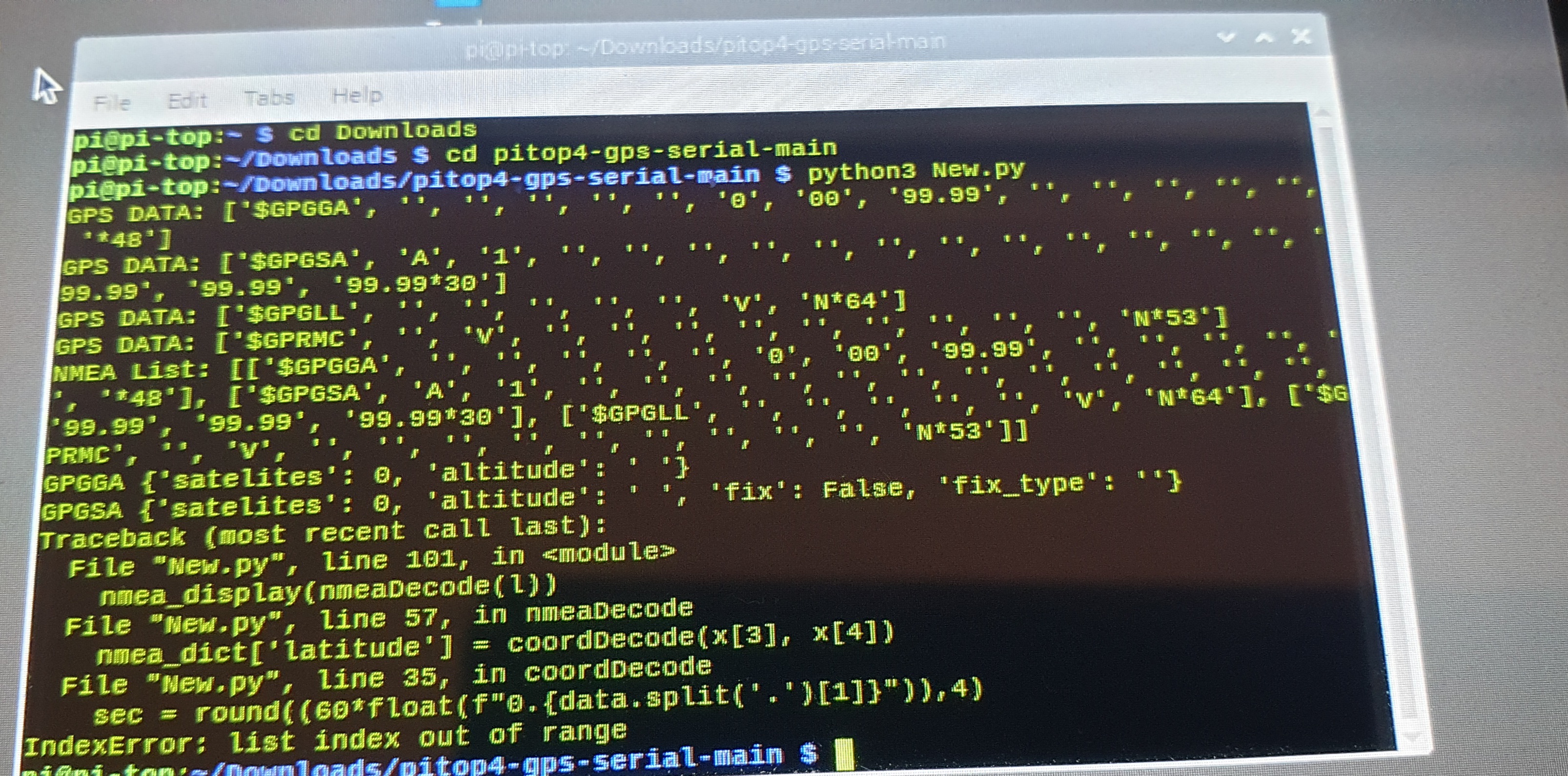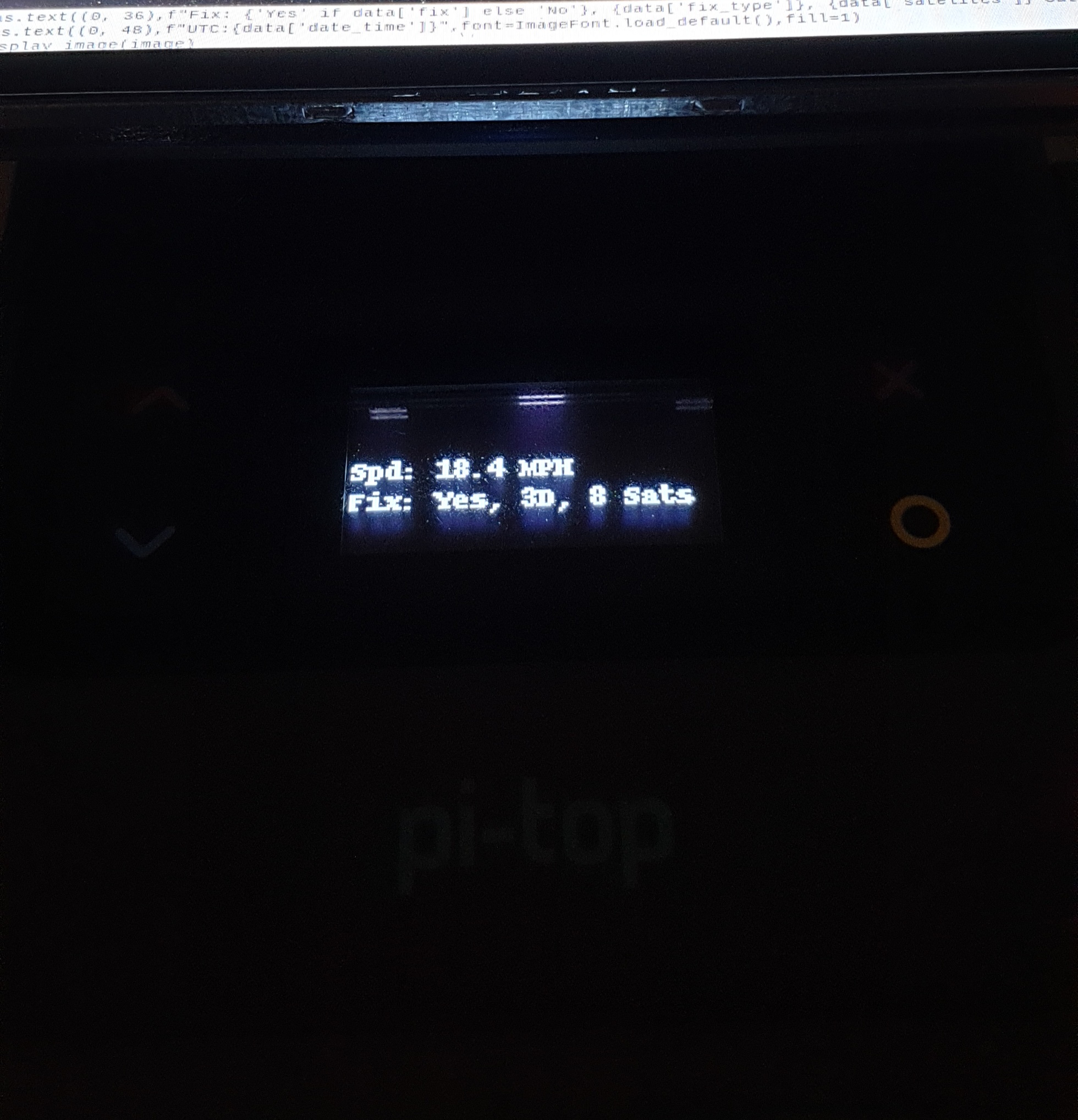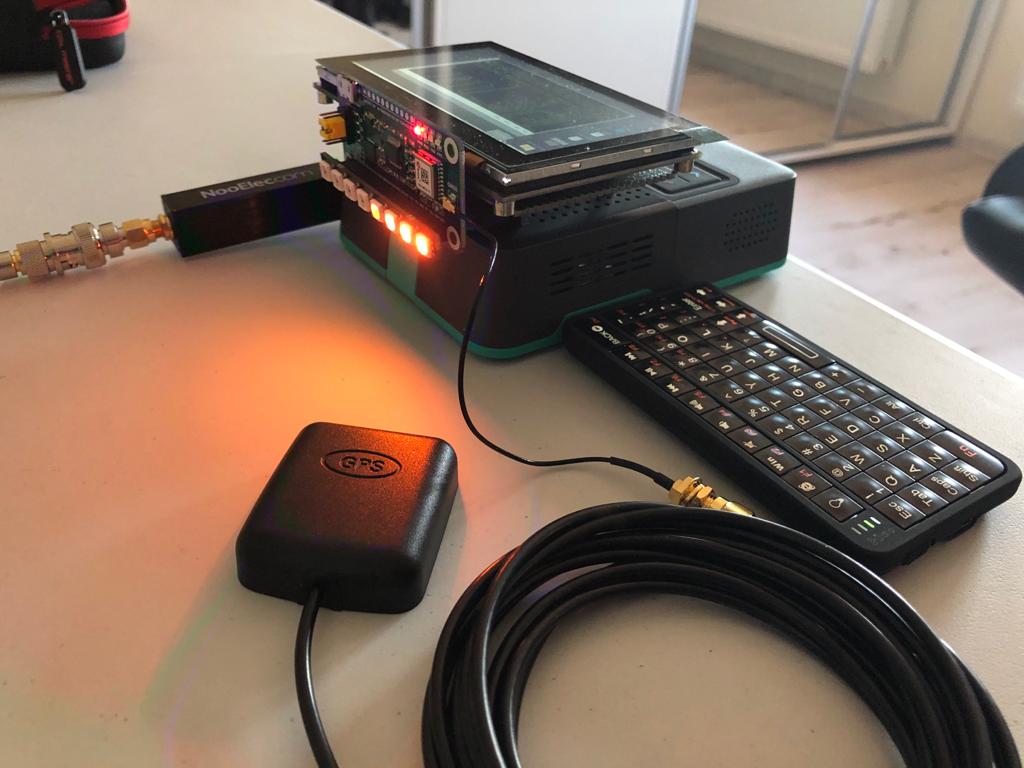got PPS working, was rather simple
Added dtoverlay=pps-gpio,gpiopin=4 to /boot/config.txt and installed pps-tools, connected adafruit Ultimate GPS v3 PPS pin to GPIO pin 4, rebooted and run the command sudo ppstest /dev/pps0 and got this response (its good)
(env3) pi@pi-top:~/Documents/gps_test $ sudo ppstest /dev/pps0
trying PPS source "/dev/pps0"
found PPS source "/dev/pps0"
ok, found 1 source(s), now start fetching data...
source 0 - assert 1614297142.992461566, sequence: 460 - clear 0.000000000, sequence: 0
source 0 - assert 1614297143.992469645, sequence: 461 - clear 0.000000000, sequence: 0
source 0 - assert 1614297144.992472627, sequence: 462 - clear 0.000000000, sequence: 0
source 0 - assert 1614297145.992469306, sequence: 463 - clear 0.000000000, sequence: 0
source 0 - assert 1614297146.992476382, sequence: 464 - clear 0.000000000, sequence: 0
source 0 - assert 1614297147.992472796, sequence: 465 - clear 0.000000000, sequence: 0
source 0 - assert 1614297148.992470637, sequence: 466 - clear 0.000000000, sequence: 0
source 0 - assert 1614297149.992471604, sequence: 467 - clear 0.000000000, sequence: 0
source 0 - assert 1614297150.992470638, sequence: 468 - clear 0.000000000, sequence: 0
i guess it was added to the Raspbery Pi OS kernal, from things i read before you had to modify the kernal or remake the kernal to enable it






